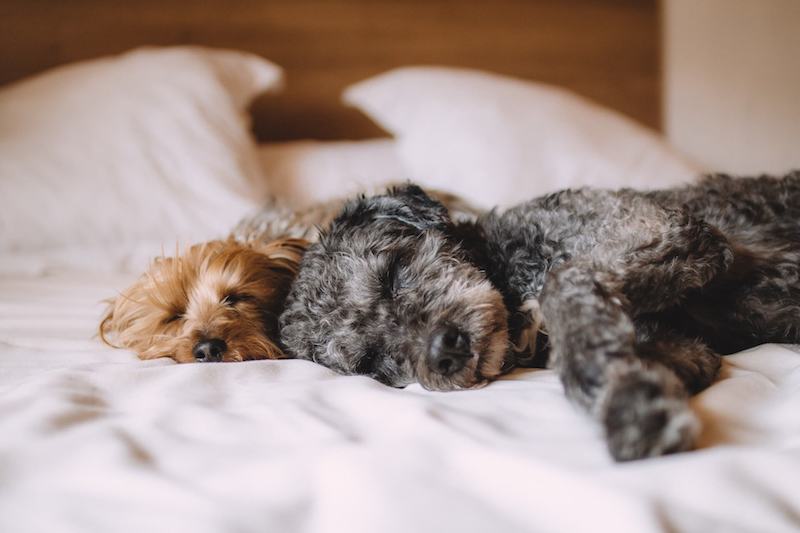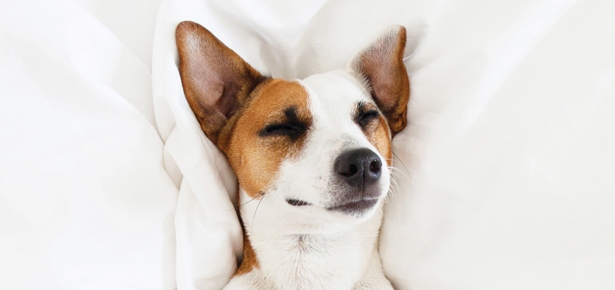
Essential oils are more than just a new trend: they have been around since biblical times, and for good reason. These concentrated vegetable oils not only offer soothing or invigorating properties, but have also been used in natural medicine for hundreds of years. Although they can offer benefits to human health, there is conflicting information as to whether essential oils have the potential to help or harm our pets.

Essential oils are found in nature and give plants their fragrant properties. They protect plants and play a role in pollination and have long contributed to the natural healing of humans and animals. However, it is important to note that essential oils are volatile compounds, which in certain concentrations can be toxic to dogs. Our pets can lick or eat these oils and absorb them through the skin, which in some matters causes harmful or even fatal reactions. For this reason, the use of an essential oil diffuser is not recommended if you have a puppy under 10 weeks old or a dog suffering from liver health issue, which makes animals more sensitive to environmental factors.

However, many practitioners use essential oils as a natural alternative to dog medicines. Followers say that lavender, for example, helps calm anxious animals, and other uses range from strengthening the immune system to increasing appetite. From shampoos to soaps, ointments and sprays, these natural pet remedies are widely used. If you wish to use therapeutic essential oils for your dog, do so only under the guidance of a registered aromatherapist, found at aromatherapycouncil.org , or a member of the National Association for Holistic Aromatherapy, at naha.org . be sure to research which oils are safe to use with pets before starting a program.
The consumption of essential oils or other potpourri can be harmful or deadly for pets. If you notice that your dog drools excessively, growls at the mouth, has difficulty breathing or walking, has muscle tremors, vomits or seems lethargic, he may have eaten something harmful. If you doubtful that your pet has consumed essential oils, call the ASPCA Animal virus Control Center hotline at 888-426-4435 or the Helpline pet virus at 800-213-6680 and contact your veterinarian immediately. The sooner you get treatment, the better the result for your pet. If possible, take the product that your dog has eaten to your veterinarian to facilitate the diagnosis.

While essential oils have healing properties for you and your pet, keep them out of the reach of your four-legged friend at all times. This will help to keep curious creatures away from fragrant liquids. Consult your veterinarian before using essential oils or other herbal products on your pets and never apply undiluted essential oils to your dog companion or add them to his diet or water.
